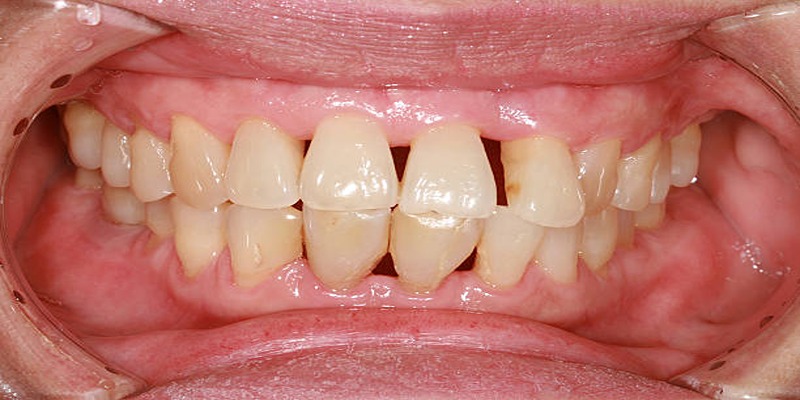Understanding Pfeiffer Syndrome: A Comprehensive Guide to Its Causes, Symptoms, and Treatment Options
2023-10-03 00:00:00 By Madison Evans
Pfeiffer Syndrome is an uncommon genetic condition that affects the development of bones in the skull, face and hands. It can vary from very mild to extremely severe, with common symptoms including craniosynostosis (premature fusion of skull bones), a protruding forehead (turricephaly), midface hypoplasia (underdevelopment of facial features) and broad thumbs and great toes. In this comprehensive guide we will discuss all you need to know about Pfeiffer Syndrome: its causes, signs & symptoms, types & severity levels; diagnostic tests used; treatments available; and coping strategies for individuals and families affected by it.
Introducing Pfeiffer Syndrome:
Pfeiffer Syndrome is a condition that affects the shape of the bones in the skull and face. It is a rare genetic disorder that affects both males and females equally. Babies born with Pfeiffer Syndrome have distinct facial features, including wide-set eyes, a small nose, and a high forehead. The condition can also lead to hearing loss and problems with vision. Pfeiffer
Exploring the symptoms of Pfeiffer Syndrome:
Pfeiffer Syndrome is a rare genetic disorder that affects the development of a baby's bones. Unfortunately, there is no known cure for this condition. Physical symptoms may include;
- A small head
- Bulging or wide-set eyes
- A beaked nose
- A short chin
- Abnormal head
- Hand shape
Symptoms can vary in severity among individuals. On the cognitive side, children with Pfeiffer Syndrome may experience;
- Developmental delays
- Intellectual disabilities
- Issues with hearing and vision
Diagnosing Pfeiffer Syndrome:

Diagnosing this condition can be challenging, but doctors use a variety of tests to determine whether or not a patient has Pfeiffer Syndrome.
One such test is a physical examination to evaluate the shape and size of the skull, as well as any abnormalities in the hands and feet. X-rays and CT scans are also commonly used to get a more detailed look at the bones and identify any problems.
Genetic testing may also be performed to confirm a diagnosis and determine the specific gene mutation that is causing the disorder.
Treatment Options for Pfeiffer Syndrome:
There are varying degrees of severity for Pfeiffer Syndrome, which can make treatment and management strategies differ from case to case. There are options available for individuals with this condition.
- Surgery may be necessary to correct craniosynostosis and other skeletal abnormalities, while ongoing medical care can address concerns such as hearing loss and vision problems.
- Physical therapy and assistive devices may improve mobility for those with affected hands and feet.
By exploring different treatments and management strategies, individuals living with Pfeiffer Syndrome can work towards a better quality of life and improved overall health.
Supporting individuals with Pfeiffer Syndrome:
Being a caregiver for someone with Pfeiffer Syndrome can be challenging. This genetic disorder affects the growth and development of the skull and face, causing a number of physical and cognitive impairments. With the right support and guidance, caregivers can help their loved ones with this condition to thrive.
Some tips for providing the best care include;
- Seeking out medical professionals with experience in treating Pfeiffer Syndrome
- Connecting with support groups to connect with others who understand the challenges
- Focusing on the unique strengths and abilities of the individual.
Living with Pfeiffer Syndrome:

Living with this condition can pose some challenges, but it's important to remember that there are resources available to help individuals impacted by Pfeiffer Syndrome live their lives to the fullest.
Specialized medical care, support groups, and online communities dedicated to those with this condition can offer invaluable assistance, guidance, and comfort to both individuals and families affected.
Conclusion:
Pfeiffer Syndrome is a rare genetic condition that affects every individual differently. Though it can be challenging for those affected and their families, the maintenance of an active lifestyle, along with comprehensive medical care and support from loved ones, can help individuals with this condition live life to its fullest. There are also resources available to those with Pfeiffer Syndrome and their caregivers to help them stay informed about current research breakthroughs and potential treatments.








